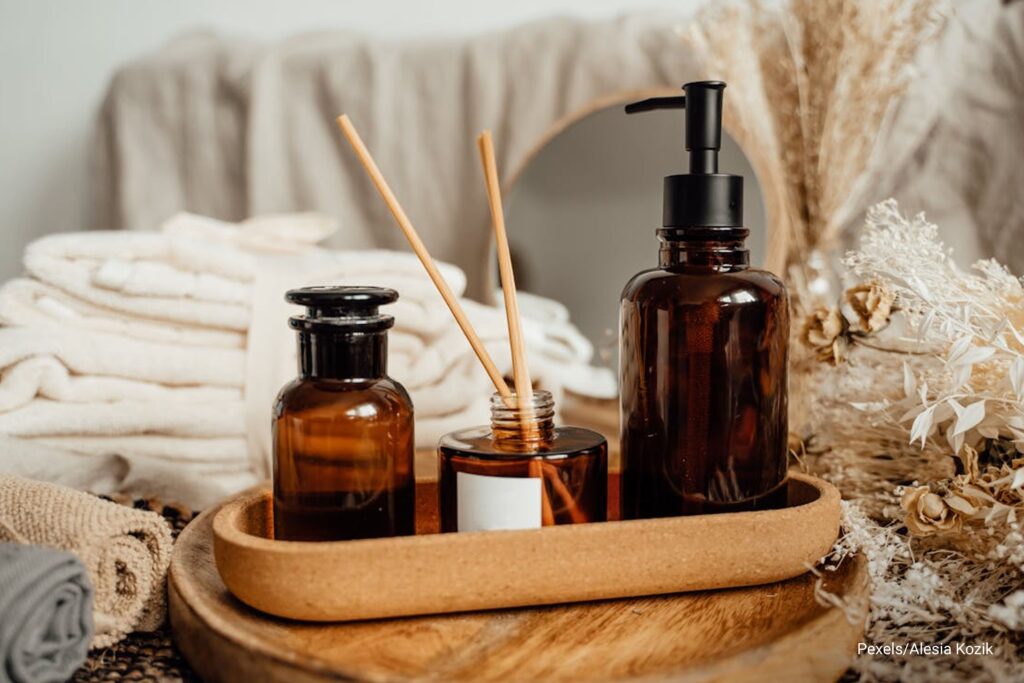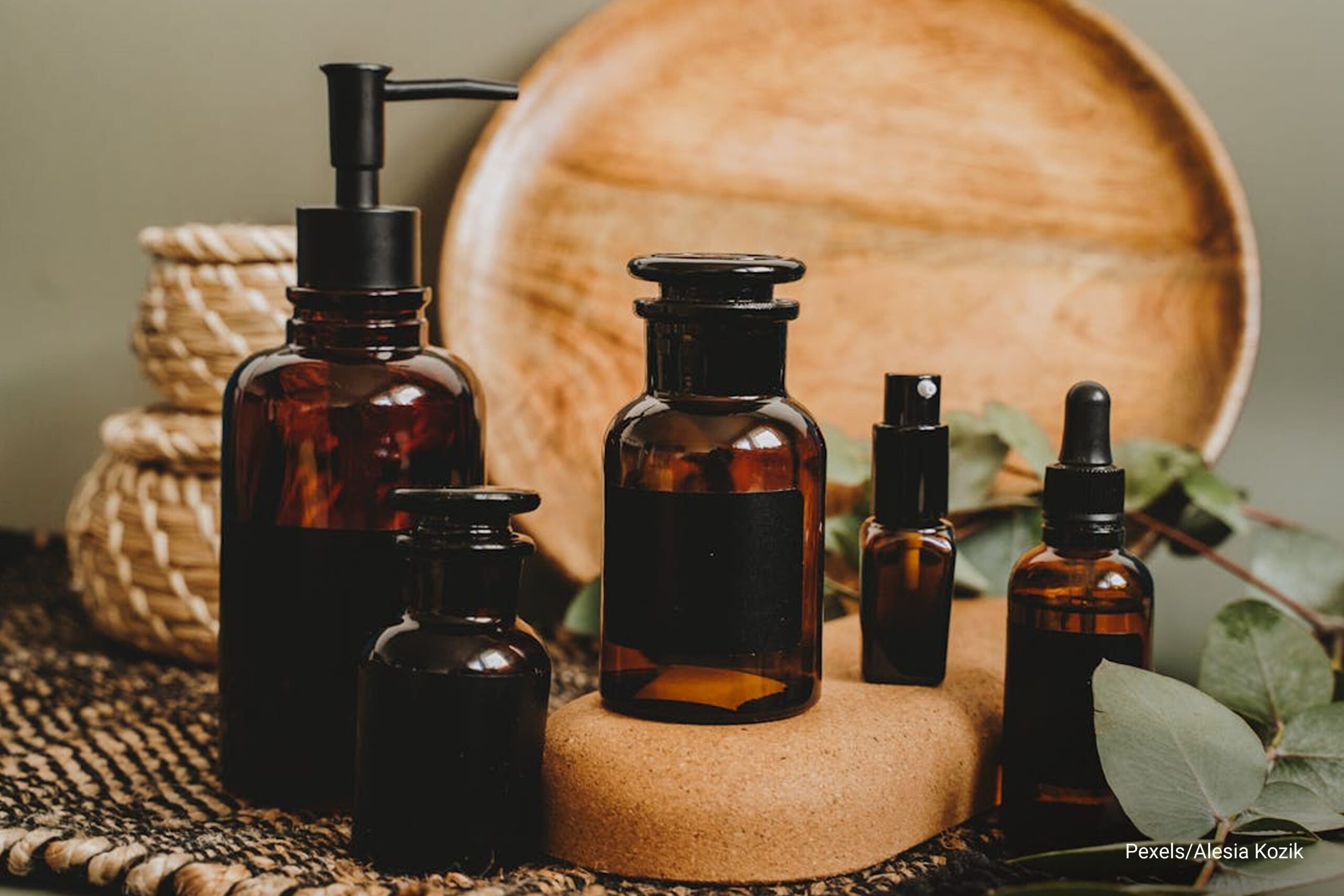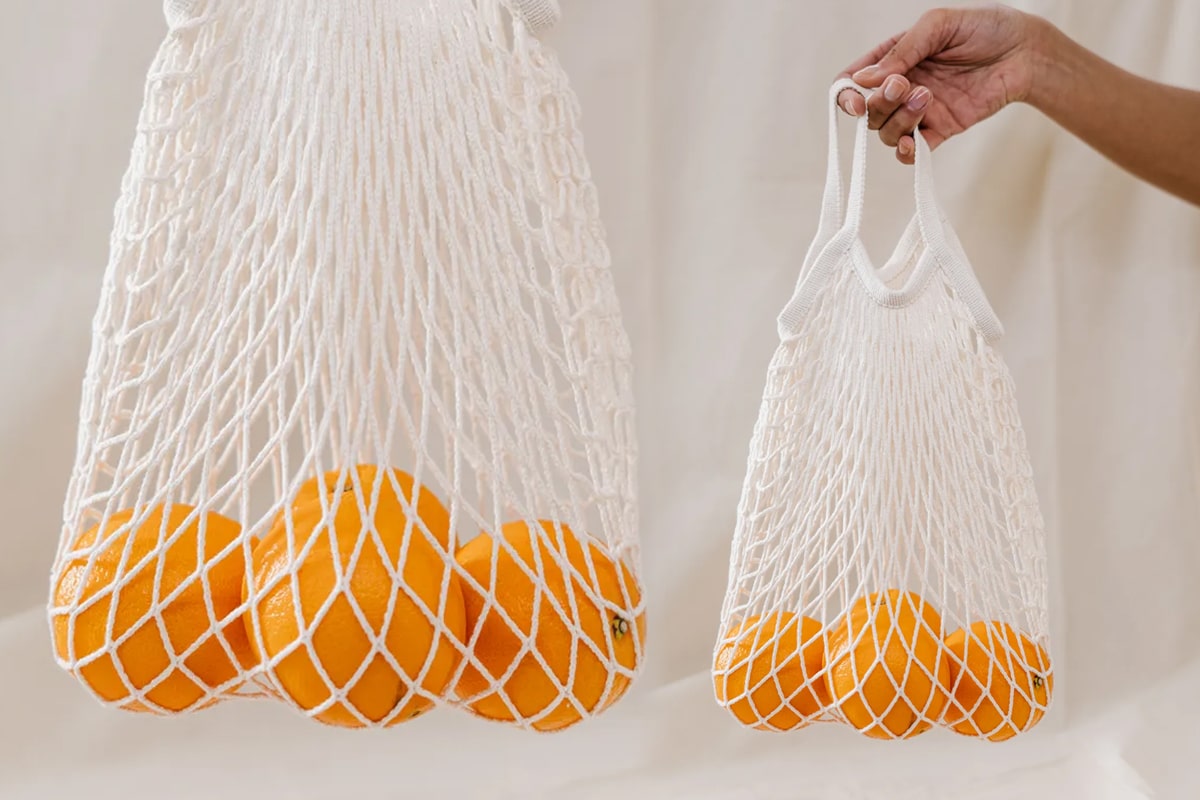- Volatile Organic Compounds (VOCs): such as formaldehyde, benzene, and toluene, which can evaporate into the air and cause respiratory issues, headaches, and other health problems.
- Phthalates: used to stabilize fragrances, these chemicals are linked to hormonal disruptions and reproductive issues.
- Artificial Fragrances: synthetic compounds that can trigger allergies, asthma, and skin sensitivities.
- Respiratory problems such as asthma exacerbation
- Allergic reactions and skin irritations
- Hormonal disruptions, especially with phthalates
- Headaches, dizziness, and nausea
Air fresheners are a common household item used to mask unpleasant odors and create a fresh environment. However, many consumers are unaware of the potential health risks associated with the chemicals contained in these products. This article explores what might be hiding in your air freshener, the possible health implications, and safer alternatives to maintain a fresh and healthy home environment.

Understanding the Ingredients in Air Fresheners
Most commercial air fresheners contain a mixture of chemicals designed to produce scent and mask odors. These ingredients often include:
Potential Health Risks
While air fresheners are marketed as safe, research indicates that prolonged exposure to their chemical components can have adverse health effects. These include:
Children, pregnant women, and individuals with pre-existing health conditions are particularly vulnerable to these risks. Additionally, some chemicals in air fresheners have been linked to long-term health issues, including certain cancers.
Safer Alternatives to Commercial Air Fresheners
Fortunately, there are numerous safer options to keep your home smelling fresh without exposing yourself to harmful chemicals. These include:
Natural Essential Oils

Using essential oils such as lavender, lemon, eucalyptus, or peppermint can provide a pleasant aroma. You can diffuse these oils using a diffuser or add a few drops to cotton balls placed in strategic locations.
Homemade Air Fresheners
Creating your own air freshener is simple and customizable. For example, mix water with a few drops of essential oil in a spray bottle. You can also add baking soda to absorb odors in areas like refrigerators or trash cans.
Houseplants
Certain houseplants, such as spider plants, peace lilies, and snake plants, naturally purify indoor air and add a fresh feel to your environment.
Regular Cleaning
Maintaining a clean home by regularly vacuuming, dusting, and washing fabrics can significantly reduce odors and eliminate the need for artificial air fresheners.
Choosing Natural, Homemade Alternative Solution for Air Freshener
While air fresheners can make your home smell inviting, it is essential to be aware of the hidden chemicals that may pose health risks. Opting for natural, homemade, or plant-based alternatives can help create a safer and healthier living space. Being informed and cautious about the products you use is a vital step toward safeguarding your well-being and that of your family.





